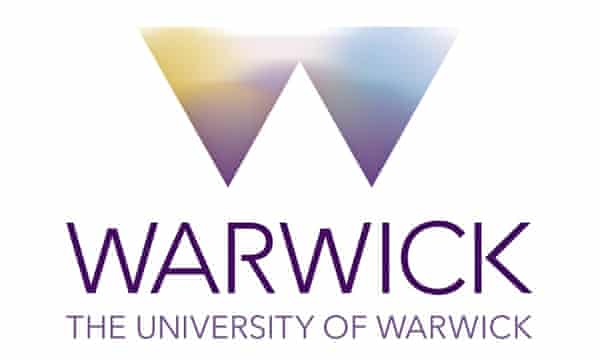Effectiveness of Opioids in Treating Cancer Pain Remains Unclear, Studies Suggest
The world’s largest review on opioid medicines for cancer pain has found it is unclear whether some commonly used opioid medicines are better than a placebo and suggests that non-opioid medicines, including aspirin, may be as effective as opioids.
Researchers examining the data on opioids for pain caused by cancer have found surprisingly large gaps in evidence regarding the true benefits of these medicines for cancer pain. The study challenges the commonly held view that opioids are the most powerful pain relievers.
The study, led by The University of Sydney and including The University of Warwick highlights that there is no ‘one size fits all’ treatment approach for cancer pain, urging health professionals and patients to carefully weigh up the evidence when deciding on a suitable pain management plan.
Opioid pain relievers are the most common treatment for cancer pain management. Many international guidelines including the World Health Organization, recommend opioid medications to manage background cancer pain (constant pain) and breakthrough cancer pain (temporary flare-ups of pain in addition to background pain).
However, the study found very few trials have compared commonly used opioid medicines such as morphine, oxycodone and methadone with placebo.
The study did not find convincing evidence that morphine was better or safer than other opioid medicines for background cancer pain outside of end-of-life care.
This is despite morphine being widely viewed as the ‘gold standard treatment’ for cancer care by physicians and recommended in many international clinical guidelines for moderate to severe cancer pain because of its low cost and accessibility.
The review also found non-steroidal anti-inflammatory drugs (NSAIDs) including aspirin and diclofenac may be as effective as some opioids for background cancer pain.
“People with background cancer pain may have an overall better life experience if there is less focus on using opioids to reduce their pain level,” says co-author Professor Martin Underwood from the University of Warwick.
“The lack of evidence comparing opioid medicines to placebo for cancer pain probably reflects the ethical and logistical challenges associated with carrying out such trials. Yet these trials are necessary to guide clinical decision making,” says lead researcher Dr Christina Abdel Shaheed from the University of Sydney School of Public Health, Faculty of Medicine and Health and Sydney Musculoskeletal Health which is an initiative of the University of Sydney, Sydney Local Health District and Northern Sydney Local Health District.
“In practice, opioids are indispensable for intractable pain and distress at the end of life. What is worth highlighting is that non-opioids, particularly NSAIDs, are surprisingly effective for some cancer pain, and may avoid the problems of dependence and waning opioid analgesia over time,” says co-author Professor Jane Ballantyne, from the University of Washington School of Medicine, USA.
“The hope is that the findings can help guide doctors and patients to choose between different opioid treatment for cancer pain and empower individuals to consider alternatives if they are unable to tolerate opioid medicines or choose not to take them,” said senior author Dr Mark Sidhom, from the Cancer Therapy Centre, Liverpool Hospital, Australia.

